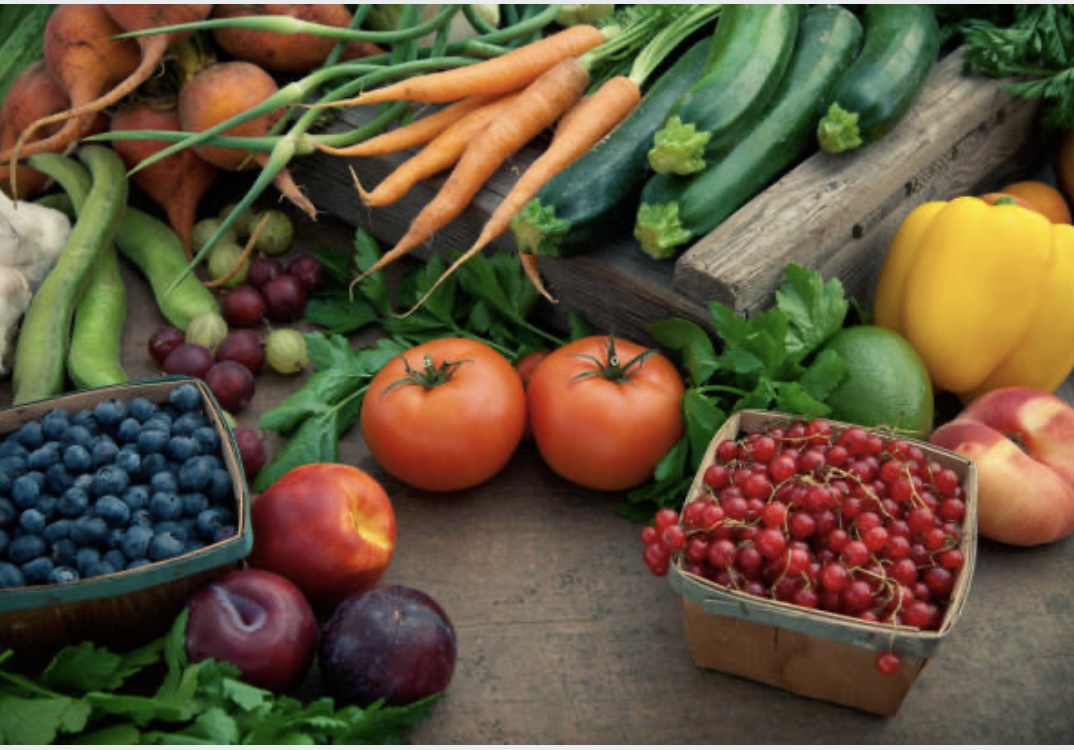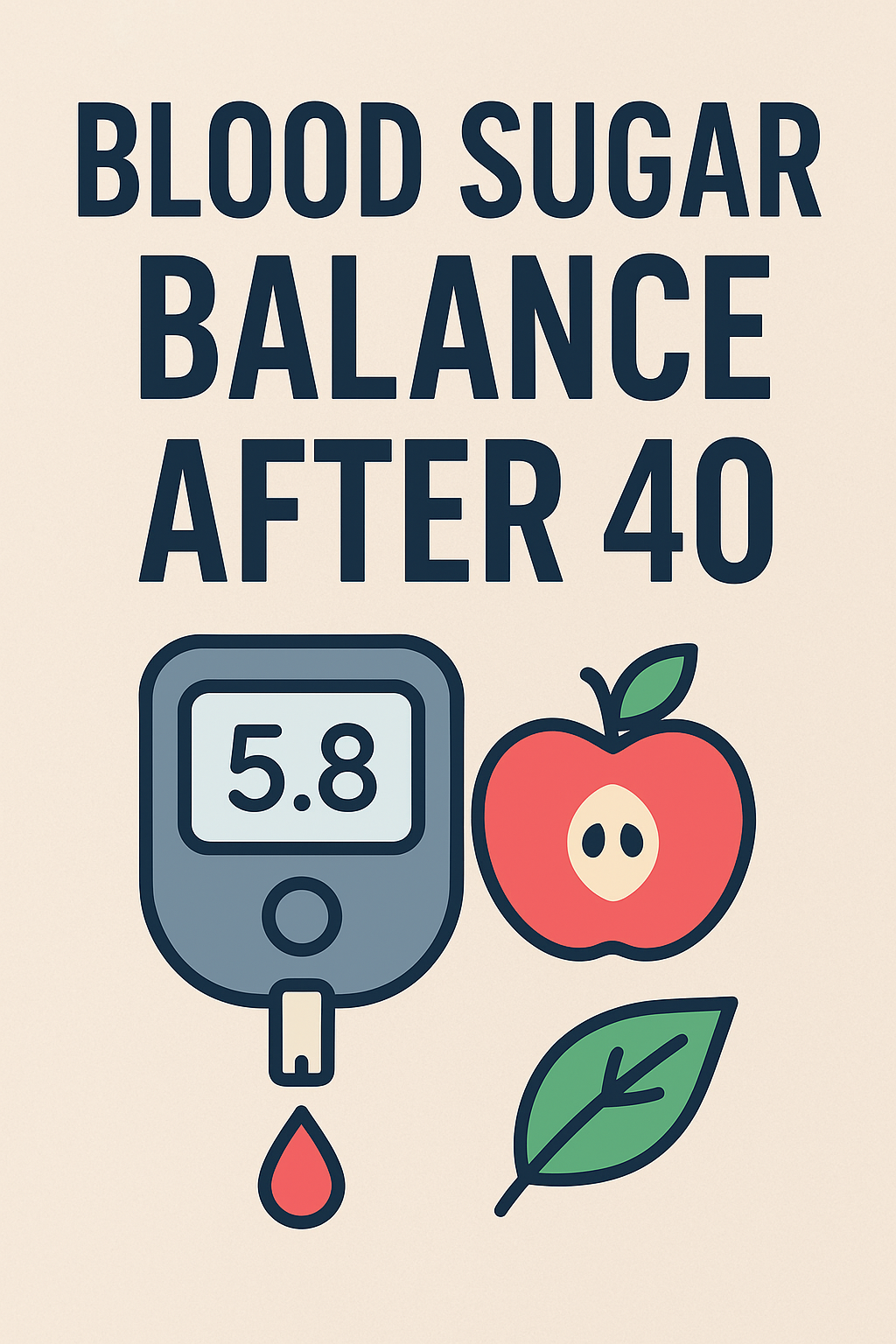One of the core principles I always share is this: eat with the seasons.
When you choose foods that are in season, you’re not just enjoying the best of what nature has to offer — you’re also giving your body the nutrients it naturally needs, when it needs them most. It’s a powerful, time-honoured way to support your energy, digestion, immunity, and long-term health.
But there’s a catch.
Just because something is “in season” doesn’t automatically mean it’s ideal for everyone. Some summer favourites can be tough on your gut, spike your blood sugar, or cause inflammation — unless you prepare them properly or make the right swaps.
Let’s take a closer look.
Tomatoes Are in Season — But Watch Out for Lectins
Tomatoes are everywhere in July. They’re fresh, vibrant, and full of flavour. But they’re also part of the nightshade family — meaning their skin and seeds contain lectins, plant compounds that can irritate the digestive system in sensitive individuals.
If you enjoy tomatoes, make sure to peel and deseed them first. This simple step can significantly reduce lectin exposure and make them easier to digest. If that’s too much effort, consider skipping them or opting for other seasonal produce instead.
Peaches: Sweet but Super-Sized
Modern supermarket peaches are often much larger than they used to be — and with size comes a higher sugar load.
If you’re indulging in this juicy summer fruit, try splitting one with a friend or using it as part of a balanced dish. That way, you can enjoy the taste without overloading on fructose, which can disrupt your blood sugar and energy levels.
The Truth About Courgettes (Zucchini)
Courgettes may be considered a light summer vegetable, but they’re technically part of the squash family — and like tomatoes, their peel and mature seeds can contain lectins.
The best way to enjoy courgettes? Choose young ones and peel them before cooking. Even better, try courgette blossoms — a seasonal delicacy enjoyed across southern Europe. Stuffed with ricotta, feta or goat’s cheese and drizzled with olive oil, they make a delicious and gut-friendly treat.
Best Berries for Gut and Brain Health
Raspberries and blackberries are in peak season right now. Unlike strawberries and blueberries, they’re lower in sugar and packed with anthocyanins — powerful antioxidants that support brain, heart, and gut health.
Look for local or organic varieties where possible. Imported berries from the opposite side of the world may have been picked before ripening, stored for weeks, and lost much of their nutritional value.
Wild Salmon: What to Look For
Summer also brings wild salmon season. But not all salmon are created equal.
Choose wild-caught Alaskan salmon where possible — it’s darker in colour and has fewer visible white streaks than farmed alternatives. Avoid labels like “organic salmon”, which can be misleading. True wild salmon is nutrient-dense, rich in omega-3s, and lower in contaminants.
Pro tip: buy large fillets, portion them, and freeze in safe, chemical-free storage bags to enjoy quality salmon year-round.
A Word on Olive Oil — The Summer Essential
Whether you’re dressing a salad, roasting veg or finishing a grilled fish, cold-pressed extra virgin olive oil should be a staple in your kitchen.
It’s one of the healthiest oils you can consume, rich in polyphenols that support your digestion, cognitive function, and cardiovascular health. During the summer months, it pairs beautifully with so many seasonal foods — from leafy greens to grilled courgette blossoms.
I often say: the purpose of food is to get olive oil into your mouth. A drizzle of high-quality olive oil can transform even the simplest dish into a nourishing powerhouse.
Final Thoughts
Eating seasonally is one of the simplest, most effective ways to improve your diet. But not every seasonal food is automatically good for you. With a few simple adjustments — like peeling tomatoes, sharing peaches, and choosing wild salmon — you can enjoy the best of summer while protecting your gut and boosting your overall wellbeing.
Written by Milvia Pili (FNTP)
Nutritional Therapist | Blue Zone Nutrition




